Tinevimbo Chibagidi
Resettled farmers in Penhalonga, Manicaland province, are worried that harmful practices by artisanal and illegal miners are adversely affecting the environment, crops, pastures and livestock.
More than 300, 000 Zimbabweans received smallholder plots during the fast track land resettlement programme—which commenced in 2008 and was officially declared over by 2008–for crop farming, dairy and other agricultural activities.
Penhalonga, a rural gold-rich district near the eastern city of Mutare, was among the areas where hundreds of land-hungry citizens were resettled.
But artisanal and illegal gold mining in the area is fast reversing the gains that the small-scale miners have made over the years.
Fairview Farm is one such smallholder farming area where the miners have set base. Under mysterious circumstances, numerous artisanal miners have been allocated places from which to process their gold on the farm.
The Mines ministry, farmers testified at a recent community dialogue organised by Information for Development Trust (IDT) in Penhalonga, is responsible for allocating the miners bases.
The farmers were resettled at Fairview farm on 29 April 2001 and were each given farming plots around 15 hectares in size. These plots included residential areas and pastures.
Farmers who spoke to Grazers News say Farview Farm does not have any known gold deposits.
But artisanal miners are operating mills that process the gold ore that they source from other areas in the district while illegal miners often raid the area to scout for the precious mineral.
The miners, said the farmers, extract the gold using mercury and cyanide that dispose of haphazardly.
Zimbabwe effectively banned the industrial use of mercury in December 2020 after having earlier ratified the 2013 Minamata Convention, which seeks to protect human health and the environment from the harmful substance.
Cyanide is highly toxic, and can result in substantial environmental impacts and public health risks if released into the environment.
Over the years, cyanide spills have resulted in major fish kills, contaminated drinking water supplies and contaminated agricultural land in the area, according to the farmers.
Mercury is a highly toxic pollutant that can easily enter the food chain, causing neurological disorders when consumed.
Scientific studies have also revealed that it also causes impaired vision and hearing, emotional instability, insomnia and paralysis in humans.
A leading farmer at Fairview, Amos Charinge, relived how the artisanal and illegal miners descended on the farm more than a decade ago.
He said the miners started setting base on the farm in 2011 when, following rumours of rich veins of gold, they would dig for gold even on homesteads.
Later artisanal miners sourcing gold from the nearby Redwing Mine put up hammer mills on the farm and surrounding areas.
“They would come and peg their claims even where there was a homestead, and dug for ore in people’s homesteads. They cut my fence and put hammer mills on the grazing land that I was allocated.
“The artisanal miners have put up 10 hammer mills around our land and all of us are being forced to take our animals for grazing to other farms like the Africa University farm’’, said Charinge.
“What pains us more is the fact that our farms are not even rich in gold. These people actually steal the mineral from Redwing Mine then come to Fairview to process it,” he added.
According to Charinge, the artisanal miners have their mills up the slope, with one of them sited less than 100 metres from the community dam.
“After processing their gold, the residue flows straight into surrounding water sources which the animals drink. If these miners are not removed, it simply means that Fairview farm’s underground water will continue to be contaminated together with the land itself,” he lamented.
Three miners died recently at a place called Kwa Gibhela after drinking water suspected of cyanide contamination, according to Charinge.
A farmer who spoke on condition of anonymity told Grazers News through the phone that the miners were also setting up their mills close to houses and the nearby Saungweme primary school.
According to Charinge, some of the mills were being operated from within houses, exposing the occupants to poisoning.
The farmers have been trying to get the artisanal and illegal miners ejected, but their efforts have failed.
This is despite the fact that, according to the farmers, the police and Environmental Management Agency (EMA) officials pay the area periodic visits.
The villagers suspect that the police and EMA officials are receiving bribes from the miners.
“In most cases when we report to the police, we are simply told that any issues to do with artisanal miners are handled by the Ministry of Mines,’’ said the farmer.
He added that EMA and Mines officials last visited Fairview on 14 January after which the former promised to compile a report, which the community still awaits more than a month later.
There are fears in the community that mercury disposed into the nearby water sources is ending up in the milk and beef that the farmers consume.
Farai Maguwu, the Centre for Natural Resourced Governance (CNRG) director, expressed concern over the increasing number of artisanal miners using mercury and cyanide.
“With more people turning to artisanal mining and using unsafe mining methods, we are having more mercury being washed into rivers,” he said.
A report produced by CNRG seven years ago indicated that “breastfeeding mothers were seen to have higher mercury content in their milk that what is tolerated by the World Health Organisation” in the Midlands province.
He urged relevant authorities to investigate the importation of mercury into the country.
“Zimbabwe signed the Minamata Convention, and, therefore, people who are importing mercury for such uses as in mining are doing so unlawfully. EMA should explain why we still have massive tonnes of mercury finding their way into the country,” he added.
Illegal miners, it was reported, were digging up pastures in search of gold.
Their activities were unsustainable because they were disturbing current food production and would also affect future farming, said Maguwu.
He accused political godfathers in respective provinces of sponsoring and protecting the artisanal miners.
“They (miners) are politically organised. One thing about artisanal mining in Zimbabwe is that every district has a political godfather who controls the informal gold mining sector. So once the names of these powerful people appear, environmental regulators will step back,” he added.
The EMA provincial manager, Kingstone Chitotombe, referred media questions to a junior official who, however, said she was attending a workshop.
The provincial police spokesperson, Assistant Inspector Wiseman Chinyoka, said they were carrying out regular operations with EMA and Mines officials to flush out illegal miners.
“We carry out regular operations in Penhalonga, but some people may not be aware or they have their own agendas,” said Chinyoka, who admitted there was haphazard mining by both registered small-scale operators and illegal miners.



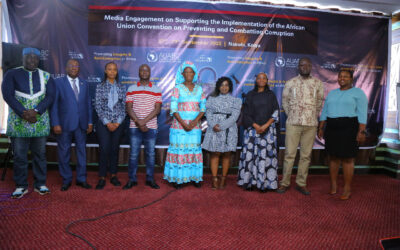



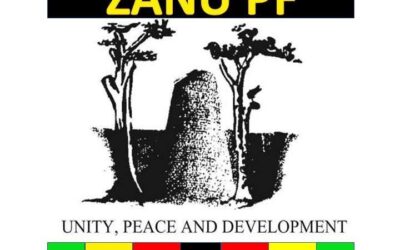



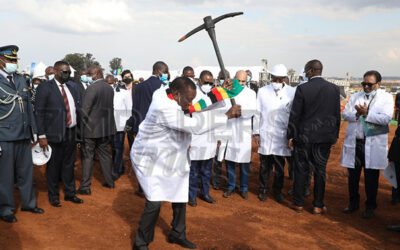








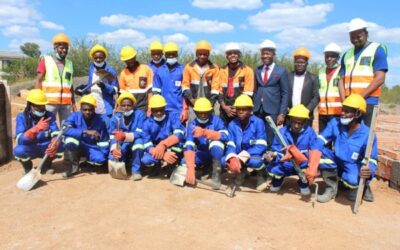

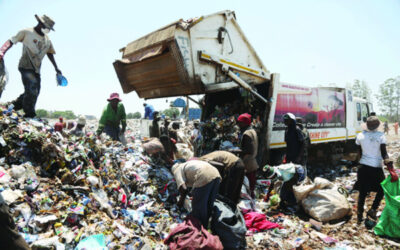



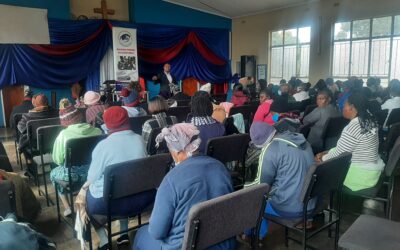






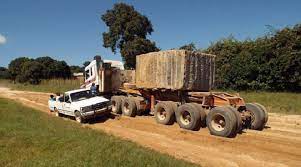






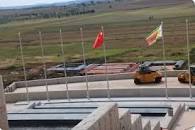

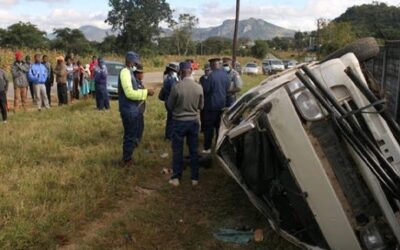








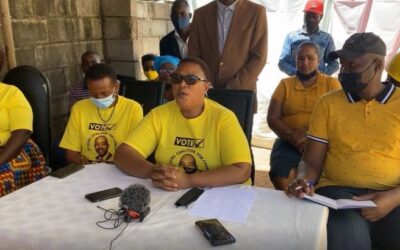






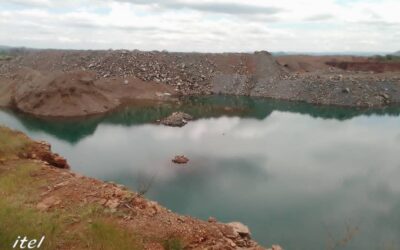
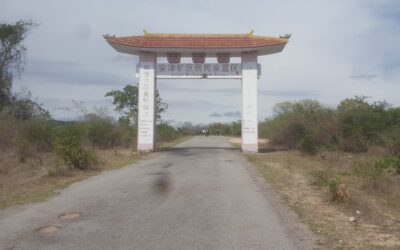

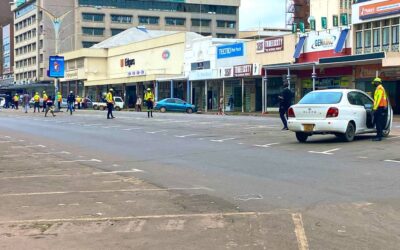


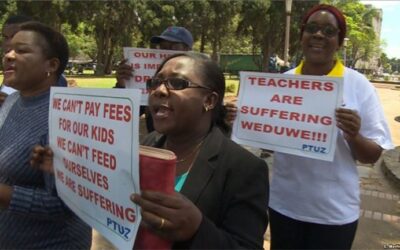
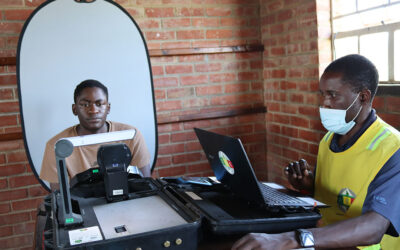








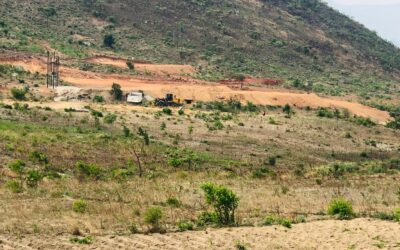



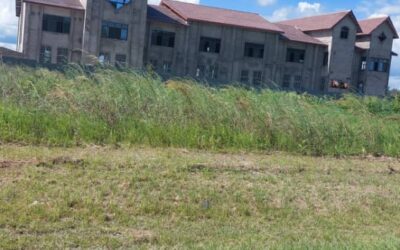









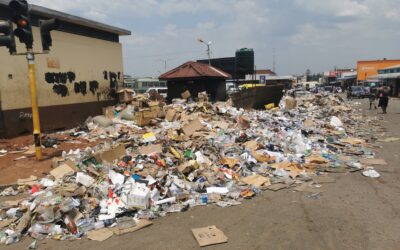
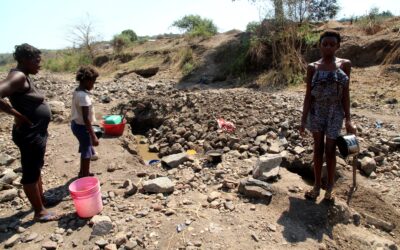

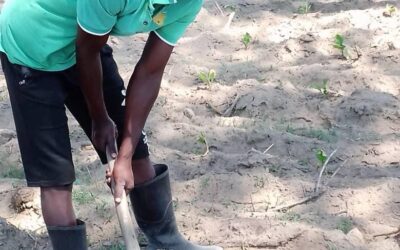








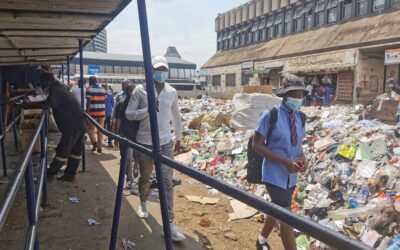
0 Comments